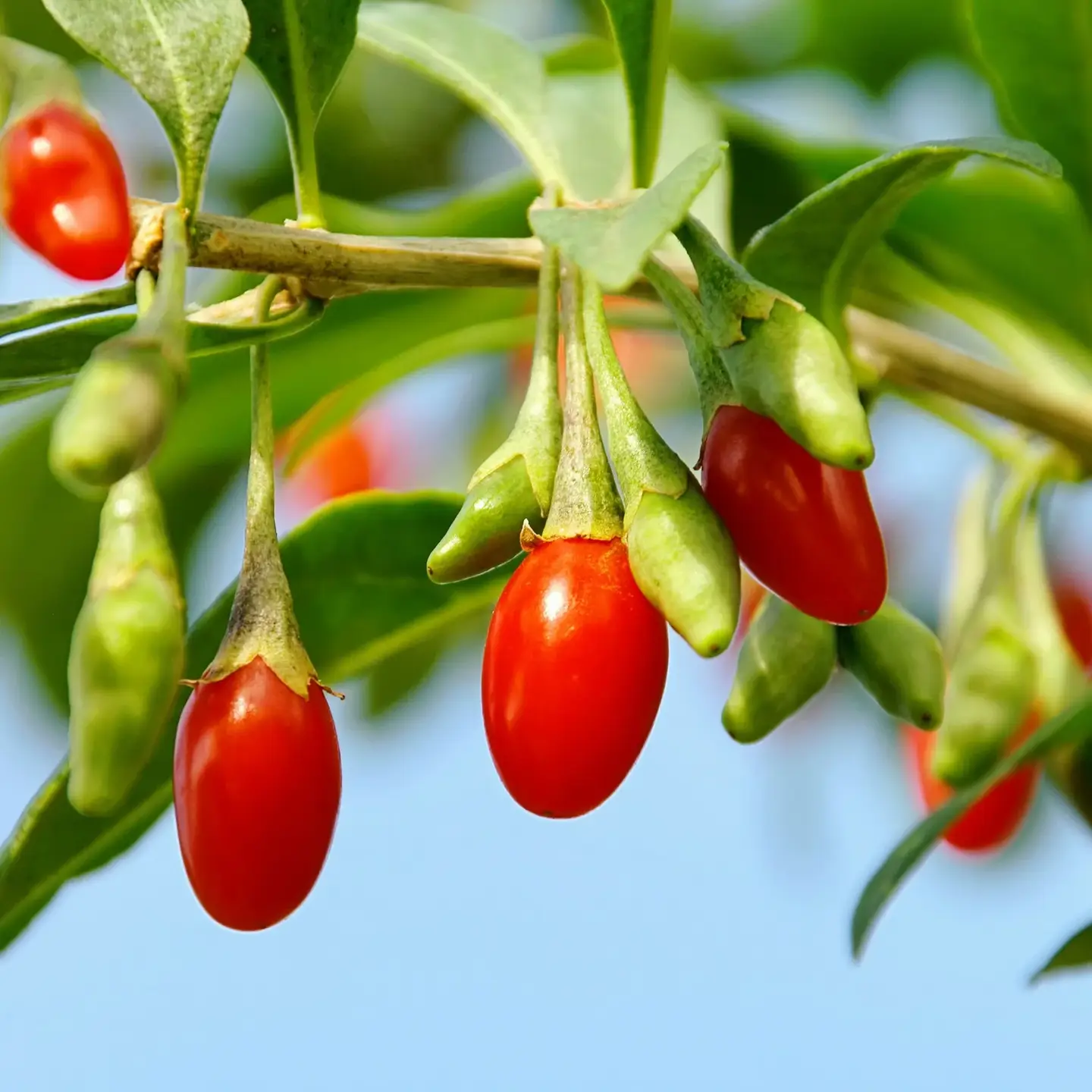Scientists may have just found a cure for alcoholism, study finds
Every year, countless families are devastated by alcohol addiction, with the tendrils of this affliction wrapping around millions of lives

[Dec. 3, 2023: JJ Shavit, The Brighter Side of News]
Every year, countless families are devastated by alcohol addiction, with the tendrils of this affliction wrapping around millions of lives. (CREDIT: Creative Commons)
Every year, countless families are devastated by alcohol addiction, with the tendrils of this affliction wrapping around millions of lives, leaving pain and suffering in its wake.
But in the constant search for a solution, a ray of hope emerges. Scientists may be on the brink of a groundbreaking cure for this long-standing issue.
The Promising Trials on Primates
In what could be a monumental stride forward in addiction treatment, a new experimental therapy for alcohol use disorder (AUD) has undergone trials in monkeys. The results are nothing short of impressive, and if they can be mirrored in humans, we might be witnessing a turning point in our fight against AUD.
Renowned neuroscientists and physiologists from various institutes across the US, who have dedicated years of their lives to understanding the intricate nature of addiction, have tested a pioneering gene therapy. The aim was to directly engage and modify the core brain circuitry linked to prolonged heavy alcohol consumption.
Related Stories:
As highlighted in the esteemed journal Nature Medicine, one of the biggest challenges with AUD is relapse. Many individuals, even after concerted efforts to abstain, find themselves inexorably drawn back to the bottle.
The reason for this lies deep within our brain's communication network, particularly in the realm of mesolimbic dopamine (DA) signalling. This system orchestrates how dopamine, the "feel good" neurotransmitter, is transmitted.
Central to this system's functioning is a protein named glial-derived neurotrophic factor (GDNF). But, as noted by IFLScience, research has shown that GDNF levels plummet in AUD patients during alcohol abstinence, especially in the ventral tegmental area (VTA) of the brain.
Levels of GDNF were found to be lower in people with AUD during periods of alcohol abstinence (CREDIT: iStock)
Could replenishing GDNF levels in the VTA using gene therapy be the key to fortifying this vital dopaminergic signalling and staving off relapses?
Understanding the Dopamine-Addiction Link
“To outsiders, it may seem like those addicted to alcohol derive pleasure from each drink. But that’s a misconception,” explained Dr. Kathleen Grant, a senior co-author of the study. She went on to illuminate that while moderate drinking triggers a dopamine release—resulting in that familiar "buzz"—chronic consumption desensitizes the brain. It adjusts, releasing less dopamine over time.
AAV2-hGDNF delivery to the VTA. (CREDIT: Nature)
“For those grappling with addiction, drinking isn't about chasing pleasure. They drink to chase away the discomfort of sobriety,” Dr. Grant stated poignantly.
In their ambitious study, Dr. Grant and her team initiated a controlled experiment on eight rhesus macaque monkeys. These primates were subjected to increasing alcohol concentrations over sequential 30-day periods. After this, the monkeys had free reign over alcohol and water for 21 hours daily over six months. Unsurprisingly, they exhibited heavy drinking tendencies.
MR-guided delivery of AAV2-hGDNF to the brain reduces alcohol consumption in a rhesus macaque model of AUD. (CREDIT: Nature)
But the game-changer was the 12-week abstinence phase. Four weeks into this phase, half the monkeys received the GDNF gene therapy treatment, delivered straight into the primate’s VTA using a viral vector bearing a copy of the human GDNF gene.
A Leap Towards A Potential Cure
The results were staggering, to say the least. Dr. Grant expressed her astonishment, “Drinking was nearly eradicated. These animals would persistently opt for water, entirely sidestepping alcohol. Their alcohol consumption was so minuscule that blood-alcohol concentration became negligible.”
AUD affects a staggering number of adolescents even though they legally shouldn't be able to drink. (CREDIT: iStock)
What's revolutionary here is the idea that gene therapy might not just be a treatment, but a lasting solution for those besieged by the harshest forms of AUD.
This revelation could be a beacon of hope for many. As reported by the National Institute on Alcohol Abuse and Alcoholism, a staggering 29.5 million individuals were diagnosed with AUD in the US in 2021 alone. Worryingly, among these, close to a million (894,000 to be precise) were young individuals between the ages of 12 and 17.
Chronic alcohol self-administration in rhesus macaques recapitulates drinking in humans. (CREDIT: Nature)
There is, however, a road ahead. While these initial findings are thrilling, we must be patient. A substantial amount of research and trials will determine if this gene therapy can be effectively and safely applied to humans.
Nevertheless, in a world where AUD has wreaked havoc on countless lives, this pioneering study stands as a testament to human perseverance and the relentless pursuit of science. We might just be on the verge of a solution, providing relief and healing to millions.
Note: Materials provided above by The Brighter Side of News. Content may be edited for style and length.
Like these kind of feel good stories? Get the Brighter Side of News' newsletter.



